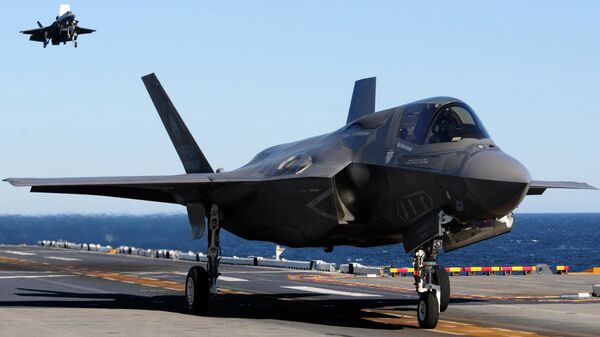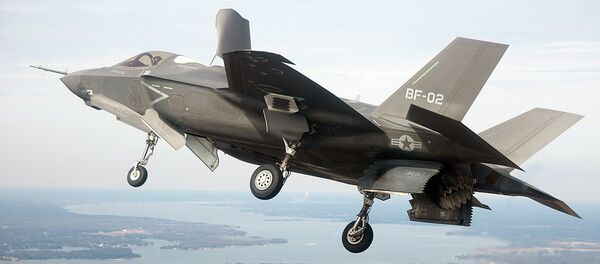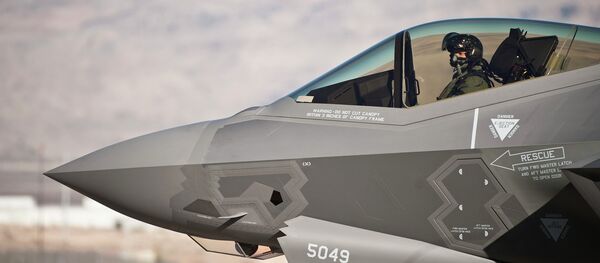After spending nearly $400 billion on its development, the F-35 has seen its share of problems, despite being the most expensive piece of military hardware ever created. In addition to concerns that the jet’s software was vulnerable to cyberattack, the F-35’s fundamental performance capabilities have also been called into question.
"The jet fighter lacks the sensors weapons and speed that allow a warplane to reliably detect and shoot down other planes in combat," a report from War is Boring reads. "At least not compared to modern Chinese- and Russian-made jets – the planes the F035 is most likely to face in battle in some future war."
Defense contracting giant Lockheed Martin was behind the jet, with the program being led by Lorraine Martin.
But on Friday, the company announced a shakeup. Lorraine Martin is out, to be replaced by her deputy, Jeff Babione.
"He brings a deep understanding of the F-35 program, strong customer relationships and a collaborative leadership style that will ensure we continue the positive momentum of the program," Orlando Carvalho, executive vice president of Lockheed Aeronautics, said in a statement.
While the company didn’t elaborate on the reason for the change in management, Lockheed has experienced a couple of major setbacks in recent weeks.
Almost immediately after winning office earlier this month, Canadian Prime Minister designate Justin Trudeau announced that his administration would pull out of the US-led coalition over Iraq and Syria. That means the new Liberal government will also be abandoning the F-35 program.
During his campaign, Trudeau said he would launch a new contracting competition to update the military’s aging fleet.
Earlier this week, Lockheed also lost a major defense contract to rival Northrop Grumman. A joint-team of Boeing and Lockheed Martin were competing against Northrop for the Pentagon’s contract to develop the next generation Long Range Strike-Bomber. Needed to replace the US Air Force’s fleet of B-1 and B-52s, the contract is estimated to be worth over $100 billion.
Prior to the Pentagon’s announcement, Lockheed-Boeing was expected to win.
While military officials refused to specify what went into their decision making process, it’s hard to imagine that the ballooning costs of the F-35 program didn’t play some role.
Martin will move to a newly created position of deputy executive vice president for Mission Systems and Training, through which she will oversee the company’s acquisition of Sikorsky helicopters.




